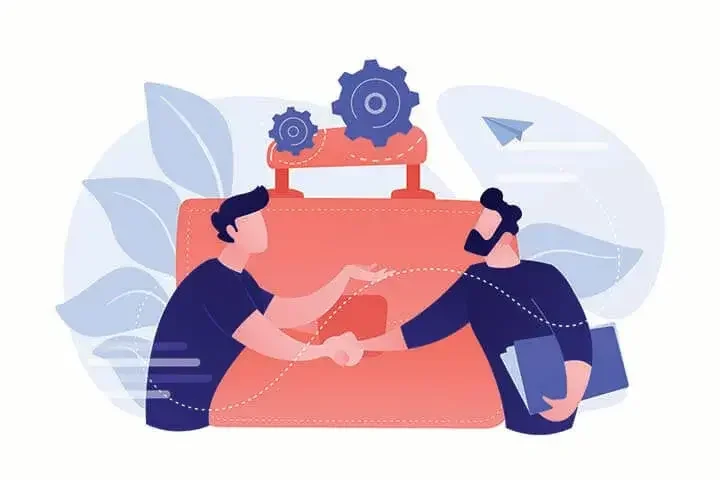The use of the term "negotiable" when it comes to promissory notes can be confusing. According to Merriam-Webster, one definition of "negotiable" is "open to discussion or dispute." However, in the context of a financial instrument such as a promissory note, the meaning of "negotiable" is a variation of this more commonly used definition.

What is a promissory note?
As its name indicates, a promissory note is basically a promise, put into writing, to pay another person a sum of money. The person making the promise is called the payer, while the person who is to receive the payment is known as the payee. The promise to pay is an unconditional promise; this means your obligation to pay isn't subject to any condition such as requiring that a specific event must first happen, or a particular action must first be taken.
Additionally, promissory notes state the amount to be paid and when payment is to be made, as well as other terms of the indebtedness, such as the interest that will be charged.
Promissory notes are a type of financial instrument known as negotiable instruments. You will likely be familiar with two other commonly used negotiable instruments: checks and money orders. While a promissory note involves two parties (the payer and the payee), checks involve three parties (the payer, the payee, and the bank from which the funds are drawn).
What 'negotiable' means
The term "negotiable" in "negotiable instrument" refers to the ability of this type of financial instrument to be transferable. When a financial instrument is transferable, it means that the holder of the instrument (the payee) can transfer the instrument to another party without either giving notice to the payer or obtaining the payer's consent the transfer.
Once the instrument is transferred to a third party, that third party becomes the new holder of the instrument, and possesses all the rights the initial payee had under the terms of the instrument. Effectively, when such a transfer takes place, the third party becomes the new payee and is now entitled to payment from the payer of the amount specified. For example, if you've ever endorsed a check, that endorsement is the "negotiation" that transfers the right to the amount of funds specified on the check to the new holder of the check.
The negotiable promissory note
Promissory notes come in various forms, depending on the loan situation in question. For example, a secured promissory note is a promissory note in which collateral, in the form of personal property or real estate, is provided by the payer. In the event of a default by the payer, the payee has the right to seize the collateral to compensate for the non-payment of the loan.
Because promissory notes are negotiable instruments, the basic promissory note is a negotiable promissory note. Therefore, if you, as payer, give a promissory note to someone who has given you a loan, that person can then turn around and transfer or assign the note to a third party.
The non-negotiable promissory note
There may be instances in which you may not want a promissory note to be negotiable. For example, if the promissory note is drafted as a demand promissory note—one which gives the payee the right to ask for payment at any time—but there is an agreement between you and the payee that stipulates when such a demand for payment can be made, you may not want the promissory note to be negotiable.
In this situation, if you have not made the promissory note non-negotiable, the third party to whom the payee transfers the promissory note obtains the right to payment from you as specified in the note but isn't bound by the terms of the agreement that sets out the conditions governing when the payee can demand payment. To prevent this from happening, then you should use a non-negotiable promissory note; a non-negotiable promissory note will typically include the words "not negotiable."
Promissory notes are a common type of financial instrument in loan transactions. As the payer of such a note, it's important to know that, unless a note expressly stipulates that it is not negotiable, promissory notes are negotiable instruments that can be transferred or assigned by the original payee to a third party.

